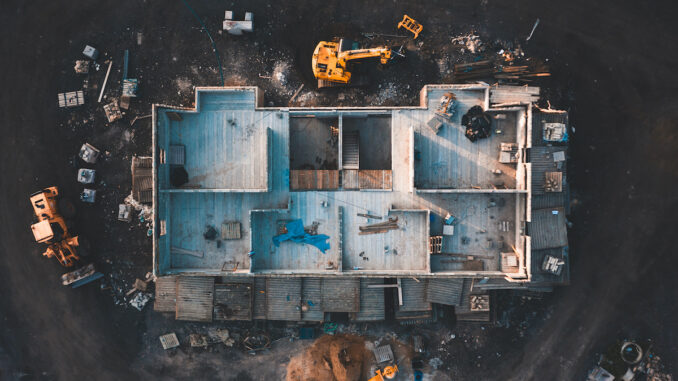
The United States is home to a large population of both elderly and disabled people, but only 5% of housing across the country is equipped with features that make them accessible to such individuals.
This was one of the takeaways this week from “Laying the Foundation: Housing Accessibility and Affordability for Older Adults and People with Disabilities,” a hearing held by the U.S. Senate’s Special Committee on Aging.
Over 60 million people — roughly 26% of the total U.S. population — have a disability. An additional 20% of the total population is at or over the age of 65, a figure that is increasingly trending upward and which will challenge the U.S. economy in the years ahead.
However, homes with accessibility features for older and disabled people only make up less than 5% of the nation’s housing supply, as reported by CNBC.
Despite a climate of intense political polarization, committee members on both sides of the aisle appeared to recognize the inadequacy of that fact in addressing the housing needs of American citizens, and vowed to work together in an effort to find legislative solutions.
While the opening statements from the committee chairman and ranking member, respectively, were rife with political finger-pointing over the issue, the actual content of the conversation between committee members and panelists indicated amenability between Democrats and Republicans to address these challenges legislatively.
“Sometimes we’re at odds in terms of what we should do, but there’s always practical legislation in the middle, and I’d hope that we can have those conversations that get us there,” said Sen. Mike Braun (R-Indiana), ranking member of the committee according to CNBC.
One piece of legislation discussed was the Visitable Inclusive Tax Credit for Accessible Living (VITAL) Act, introduced by committee chairman Sen. Robert Casey (D-Pennsylvania) earlier this year.
It would increase “the low-income housing tax credit to serve the housing needs of older people and people with disabilities,” the bill’s summary says. “Specifically, the bill increases state allocations of the credit and credit amounts for projects for assisting households with disabled individuals.”
Domonique Howell, a witness for the hearing and a disability housing advocate from Philadelphia, described her own challenges living as a disabled person and the difficulty she and her family have faced in finding an accessible place to live. When the elevator breaks in her current apartment complex, for instance, she and others have to stay in their homes until a repair is made which can sometimes take “weeks,” she said.
“[Pennsylvania and other states should] develop affordable accessible housing to match the needs of residents,” she said during the proceeding.
